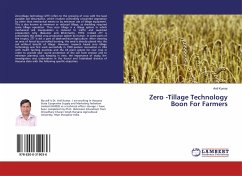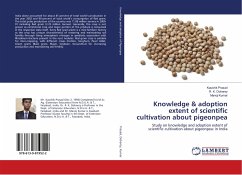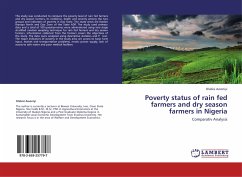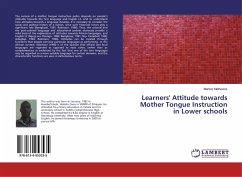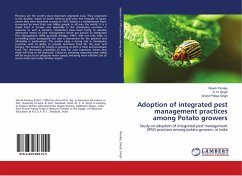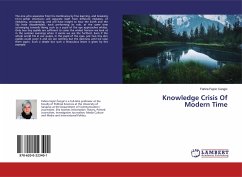Zero-tillage technology (ZTT) refers to the growing of crop with the least possible soil disturbance, which involves controlling unwanted vegetation by other than mechanical means or by minimum use of tillage equipment. This is also known as minimum or reduced tillage, as shedding required some tillage operation. Thus zero tillage is a tillage system in which mechanical soil manipulation is reduced to traffic and seed-bed preparation only. (Baeumer and Brkermants, 1973). Indeed ZTT is presumably the oldest crop production system by human. In some parts of the tropics, ZTT is still a part of slash-and-burn-agriculture. After cleaning an area of forest by controlled burning, the seed is directly placed into the soil without benefit of tillage. However, research based zero tillage technology was first used successfully in 1950 pasture renovation in USA with mulch farming practices and the till plant system for row crop in order to provide year round protection of the soil from erosion and to minimize planting cost. Keeping in view, the importance of study, the investigation was undertaken in the Karnal and Fatehabad districts of Haryana state with the following specific objectives:
Bitte wählen Sie Ihr Anliegen aus.
Rechnungen
Retourenschein anfordern
Bestellstatus
Storno

